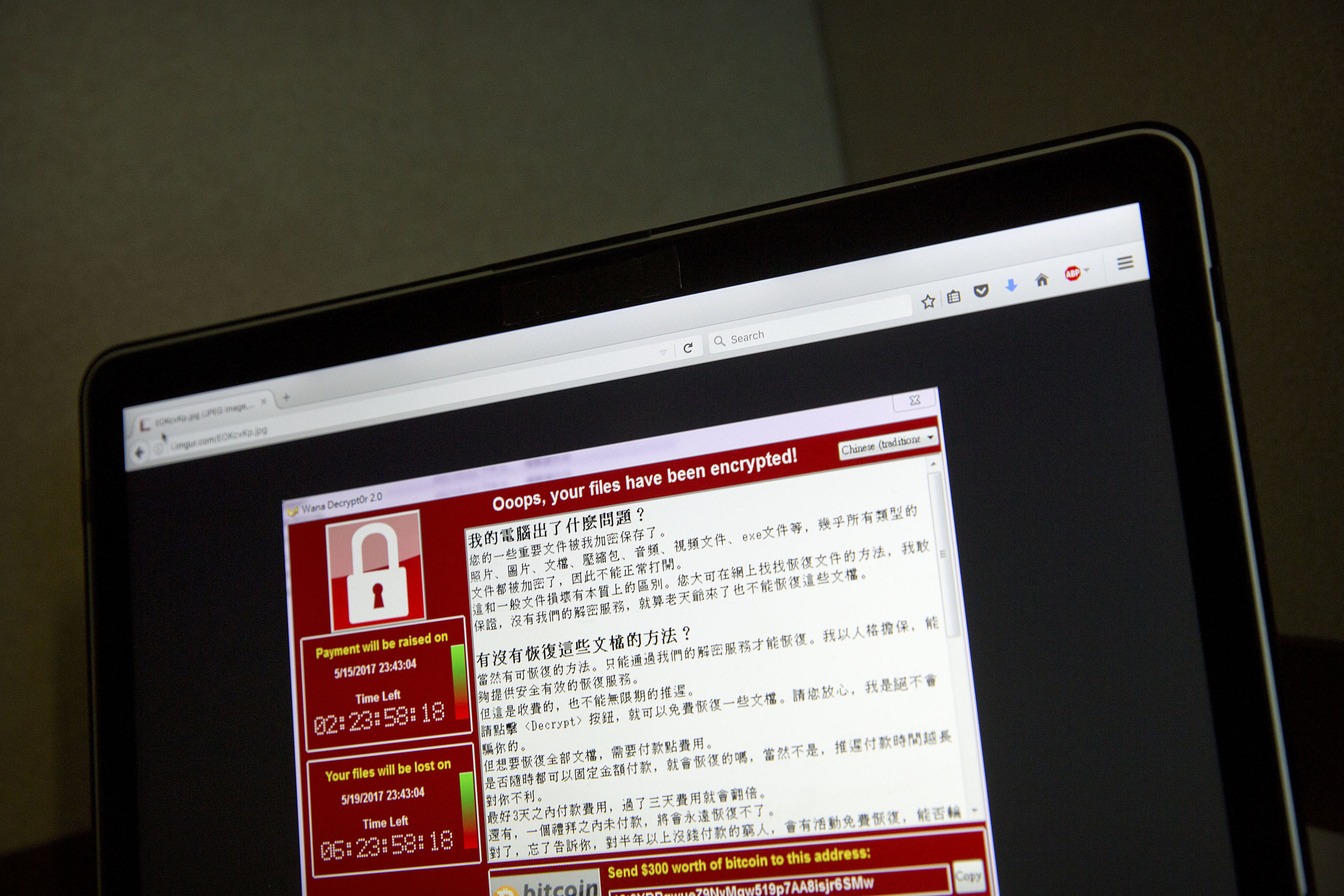Dundee City Council workers have been ordered to avoid opening personal emails on work computers over fears of a malware invasion.
In the wake of the ransomware outbreak which affected organisations across Britain, administration employees have been told not to access personal information on council devices.
The decision was made after NHS systems were grounded by a devastating virus.
It’s understood administration staff were told of the directive at the beginning of this week.
West End councillor Fraser Macpherson insisted the security of confidential information is “paramount”.
He said: “Clearly the security of council systems is very important.
“I’ll be seeking clarity on the accuracy of this with the council chief executive and, if this is the case, then why?
“At the end of the day, the security of systems and reducing the potential of viruses is paramount to ensuring council operating systems are operating, and operating well.”
Dundee City Council said security measures have been “tightened up” following last week’s national cyber breach.
A council spokesperson said: “High levels of cybercrime pose an ongoing threat to council services and the citizens of Dundee who use those services.
“In recent days, and in the immediate aftermath of the global WannaCry attack, the council has responded by tightening up its security measures in an effort to minimise its exposure to the risk.
“As part of a range of preventative and protective actions, council staff were briefed electronically about current malware threat levels and the need to adopt secure practice while working with email and attachments.
“As part of the briefing it was recommended that staff should not access personal email accounts from council devices at this time.”
Ten Dundee medical centres were hit by the worldwide attack, causing severe disruption to patient services.
Surgeries including Hawkhill Medical Centre were struck by the Wannacry decryptor ransomware worm, which prevented doctors and medical staff from being able to use their computers.
All 10 of the impacted surgeries are now back to operating as normal.
Colin McLean, a lecturer in ethical hacking at Abertay University, said local councils and the NHS remain “stuck between a rock and a hard place” when trying to defend themselves against online attacks.
He added: “Companies are becoming increasingly aware that information security is a critical part of running a successful business and in safeguarding the UK against cyber terrorists and malicious hackers.
“However it is vital to stay vigilant and follow good practice to minimise the possibility of a successful cyberattack.
“The days when any company could simply pay for a security package to be embedded into their operating system and expect complete protection are, unfortunately, over.
“Whether it’s at work or at home, the simple advice is be alert to anything that doesn’t look as it should, avoid clicking on untrusted email sources and seek immediate advice if you feel you are being targeted.”









